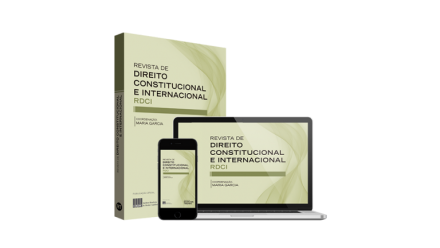REGIME DE INVALIDAÇÃO DO ATO INCONSTITUCIONAL NO DIREITO BRASILEIRO
Revista de Direito Constitucional e Internacional
REGIME DE INVALIDAÇÃO DO ATO INCONSTITUCIONAL NO DIREITO BRASILEIRO
Autor Correspondente: A R. Gomes | [email protected]
Palavras-chave: Controle de constitucionalidade – Modulação dos efeitos da decisão de inconstitucionalidade – Relativização da teoria da nulidade
Resumos Cadastrados
Resumo Português:
O direito constitucional brasileiro consagra a teoria da nulidade para sancionar o ato normativo contrário à Constituição, com fulcro nos princípios da supremacia da Constituição e da força normativa desta. A adoção da teoria acarreta a retroatividade dos efeitos da decisão que reconhece a inconstitucionalidade do ato normativo à data de seu ingresso no Direito, pelo que se pode afirmar que a decisão de inconstitucionalidade tem eficácia temporal ex tunc. A despeito da adoção da teoria da nulidade, a legislação, a doutrina e a jurisprudência do Supremo Tribunal Federal, com base nos princípios da segurança jurídica, do interesse social e da boa-fé, institucionalizaram a possibilidade de modulação no tempo dos efeitos da decisão de inconstitucionalidade, relativizando, assim, a regra da nulidade ab initio do ato normativo inconstitucional.
Resumo Inglês:
The brazilian constitutional Law establishes the theory of nullity to sanction the normative act contrary to the Constitution, with a focus on the principles of the supremacy of the constitution and its normative force. The adoption of the theory leads to retroactivity of the effects of the decision that recognizes the unconstitutionality of the normative act at the time of its entry into law, so it can be said that the decision of unconstitutionality has temporal efficacy ex tunc. Despite the adoption of the theory of nullity, the legislation, doctrine and jurisprudence of the Federal Supreme Court, based on the principles of legal certainty, social interest and good faith, have institutionalized the possibility of modulating in time the effects of the decision of unconstitutionality, thus relativizing the rule of nullity ab initio of the unconstitutional normative act.

